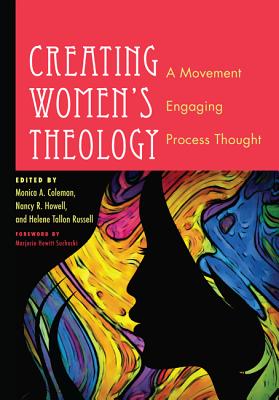Creating Women’s Theology
Description of Creating Women’s Theology
Creating Women’s Theology engages women’s questions: - Can women from different religious traditions engage one theological approach? - Can one philosophical approach support feminist religious thought? - What kind of belief follows women’s criticism of traditional Christianity?
Creating Women’s Theology offers a portrait of how some women have found room for faith and feminism. For the last twenty-five years, women religion scholars have synthesized process philosophy with their feminist sensibilities and faith commitments to highlight the value of experience, the importance of freedom, and the interdependence of humanity, God, and all creation. Cutting across cultural and religious traditions, process relational feminist thought represents a theology that women have created.
This volume offers an introduction to process and feminist theologies before presenting selections from canonical works in the field with study questions. This volume includes voices from Christianity, Judaism, goddess religion, the Black church, and indigenous religions. Creating Women’s Theology invites new generations of undergraduate, seminary, and university graduate students to the methods and insights of process relational feminist theology.
Endorsements:
“Fifty years ago Valerie Saivings noted the congeniality between the process critique of the philosophical and theological tradition and the insights of Christian women. This remarkable volume shows how the work of women process theologians and of feminists and womanists who found process categories useful together constitute a single richly textured movement. From the perspective of this male process theologian, this movement is today the most promising expression of process theology. Indeed, I view it as embodying the cutting edge of Christian theology as a whole.”—John B. Cobb Jr. Claremont Graduate School and Claremont School of Theology


